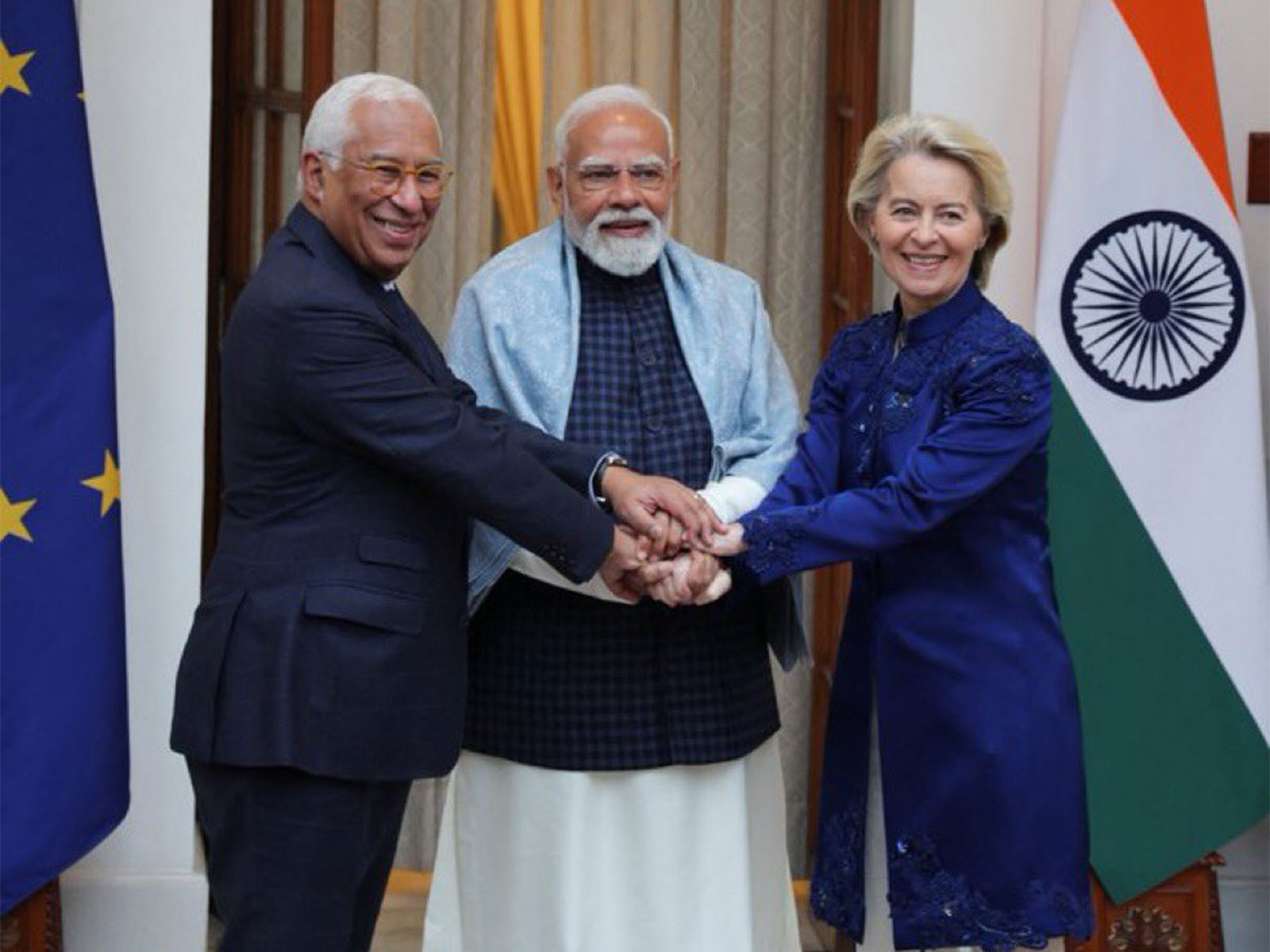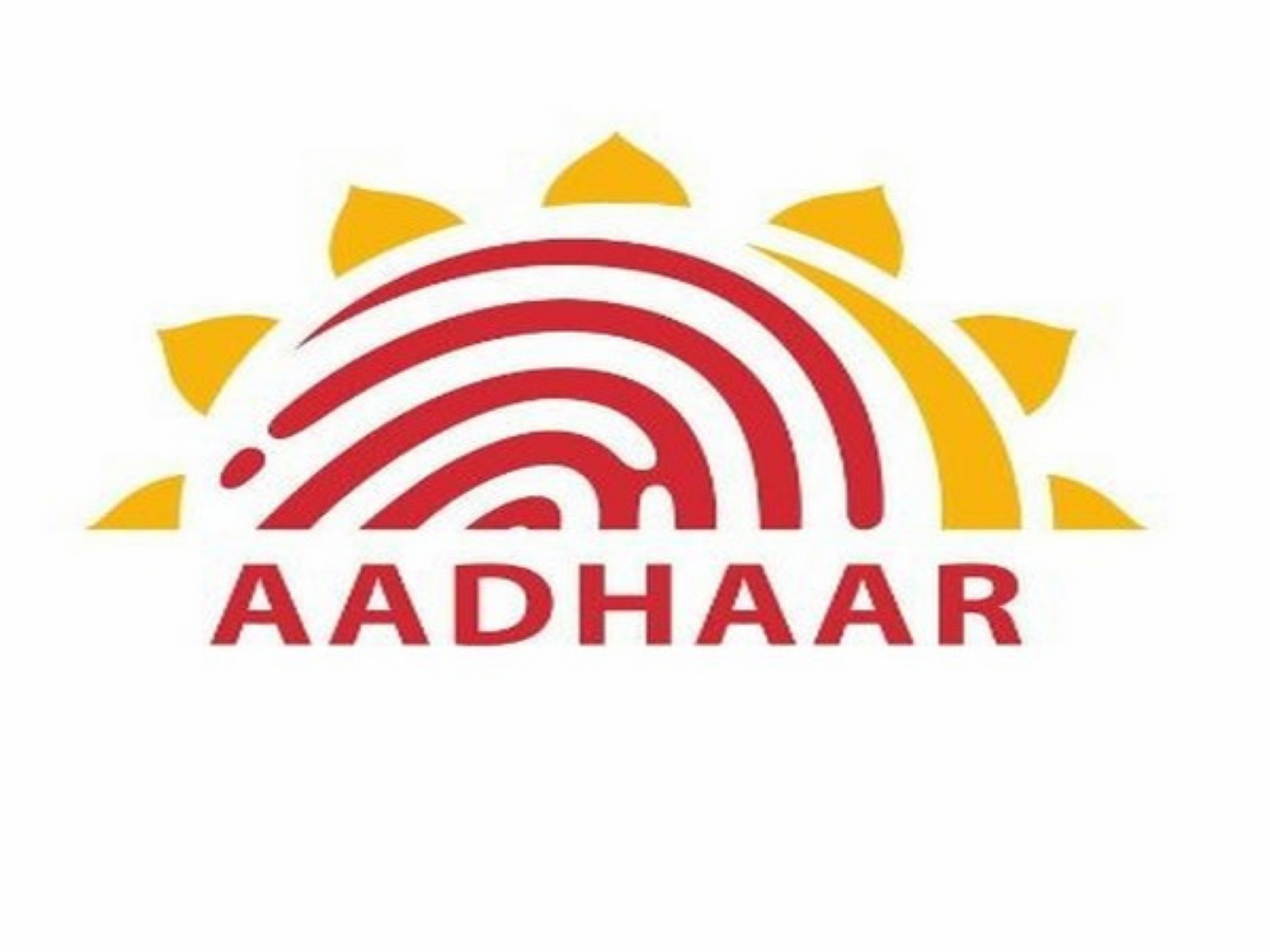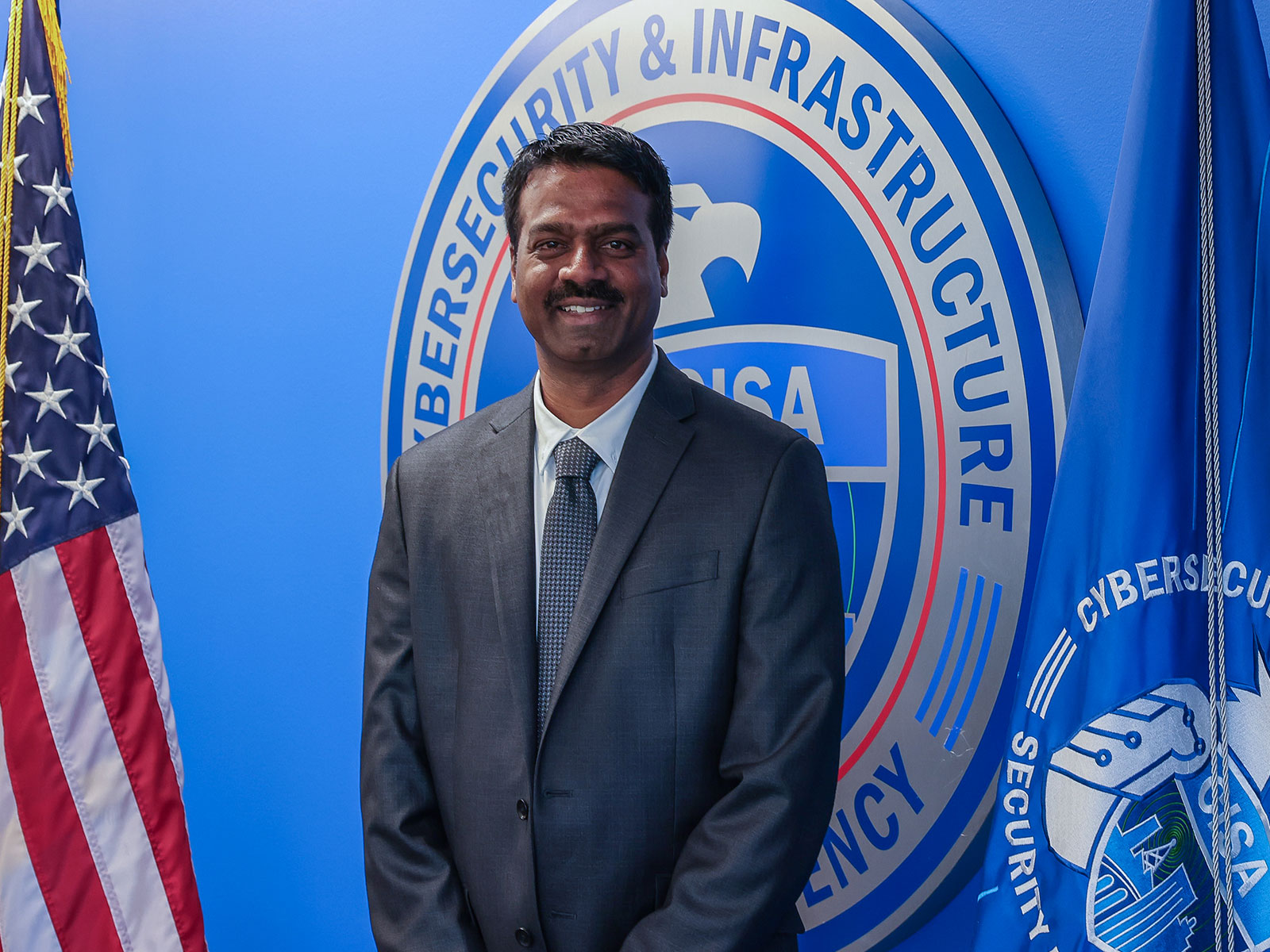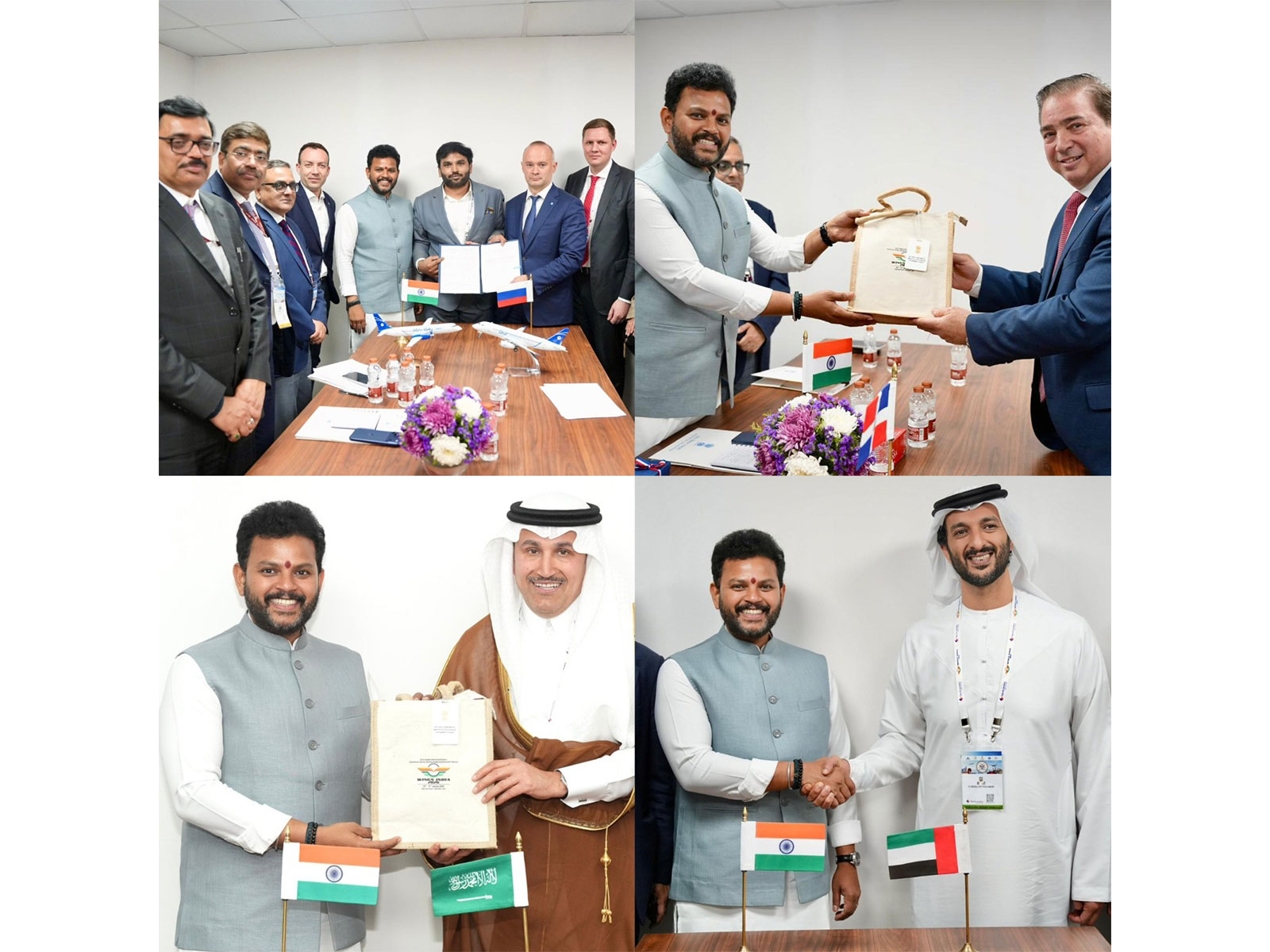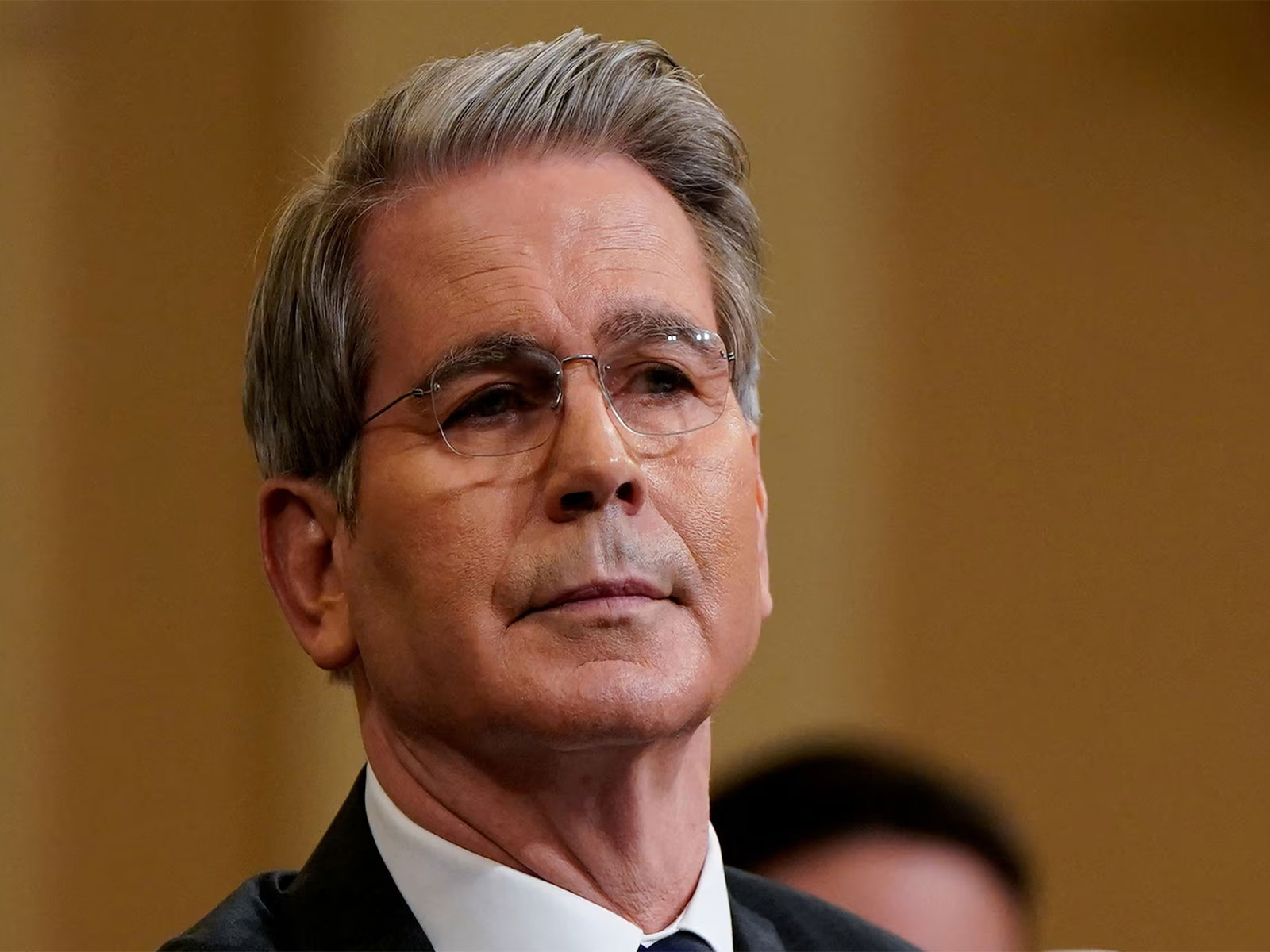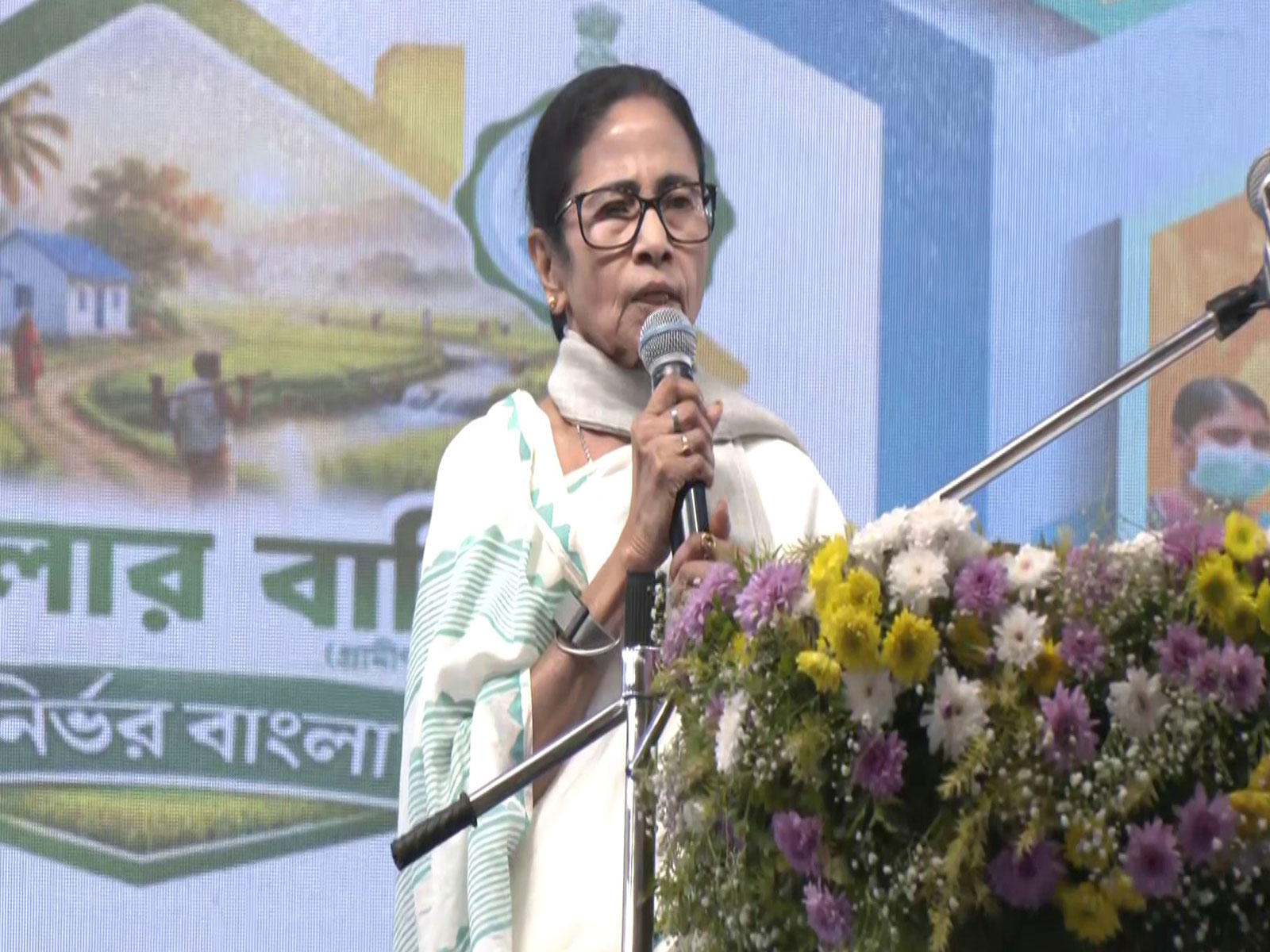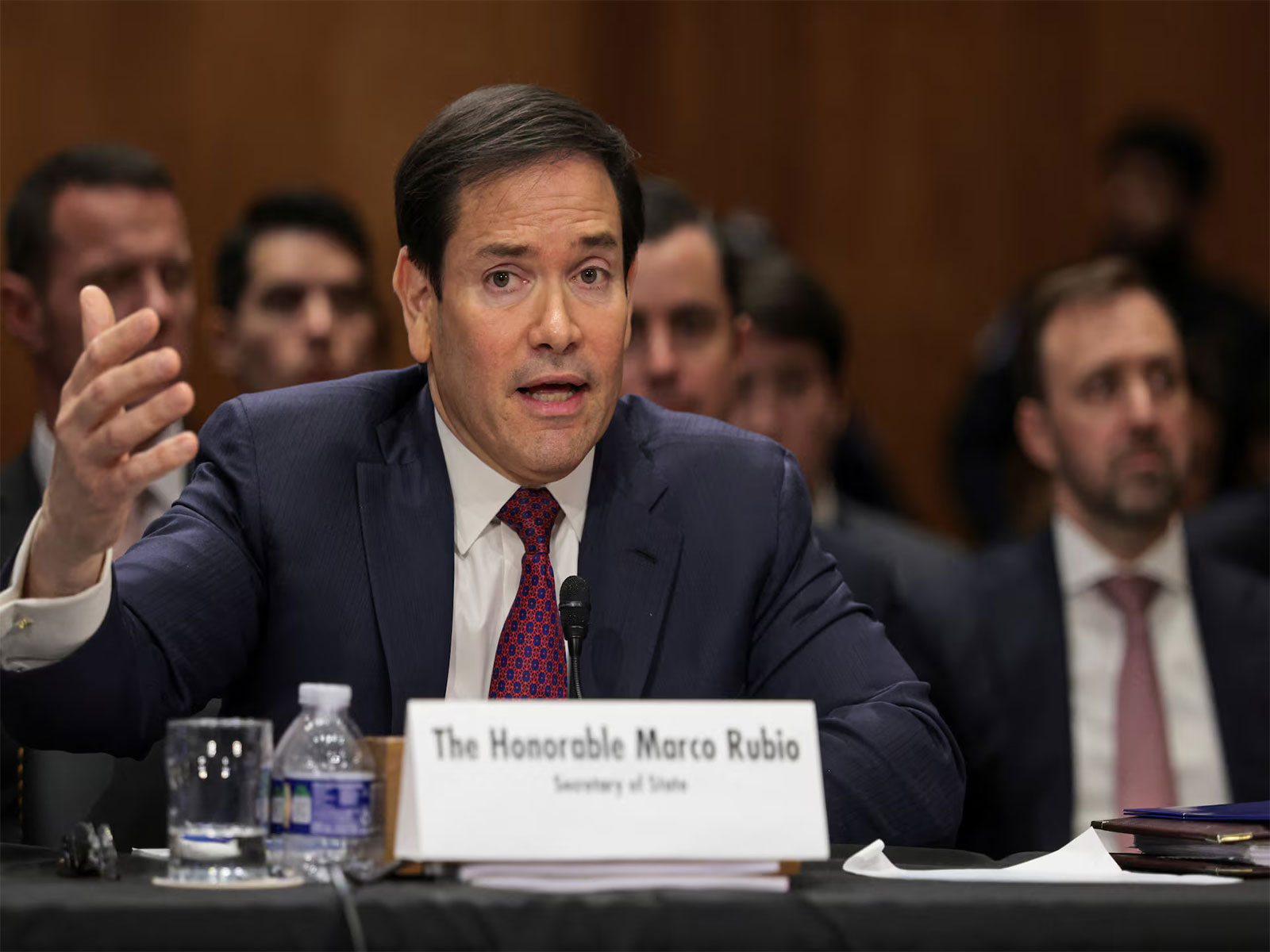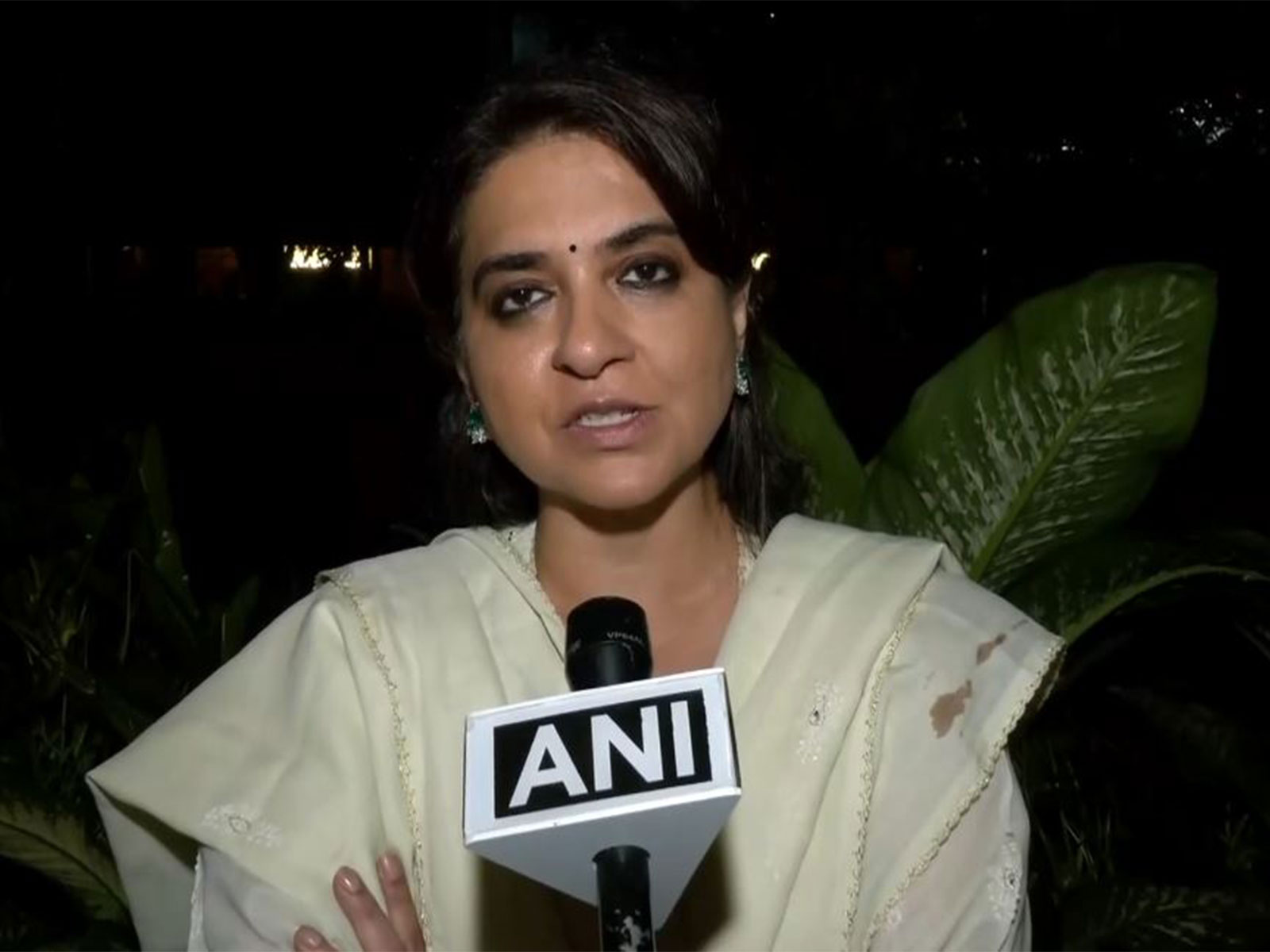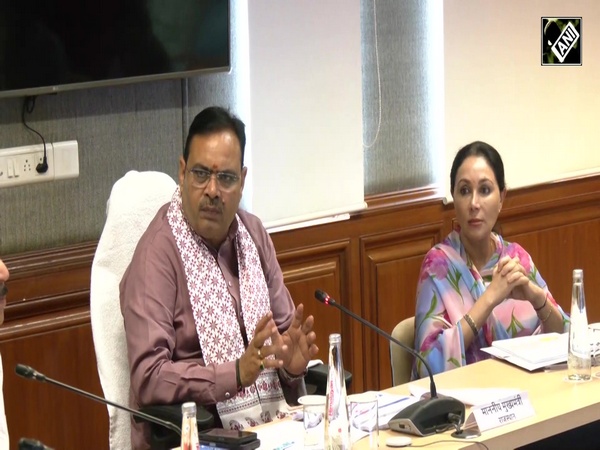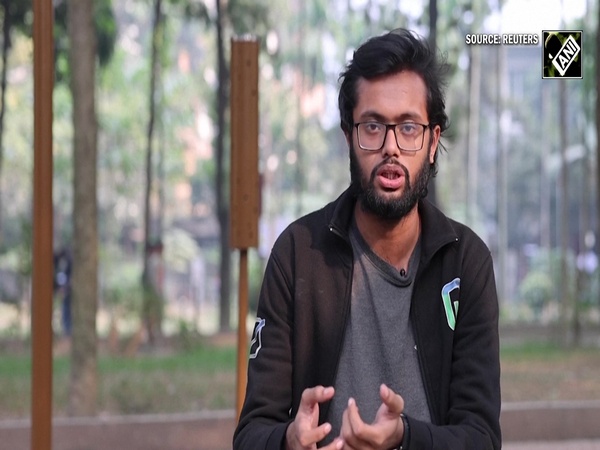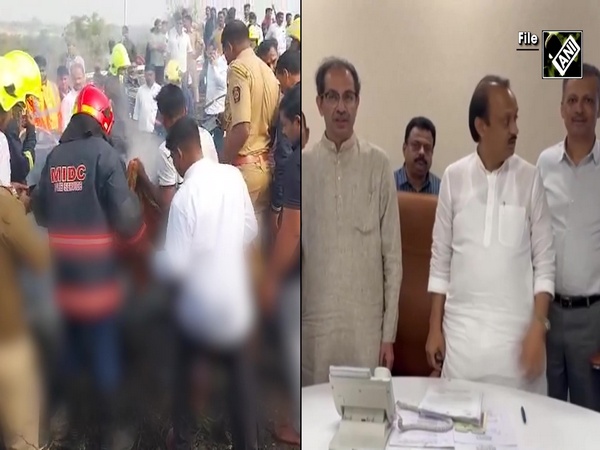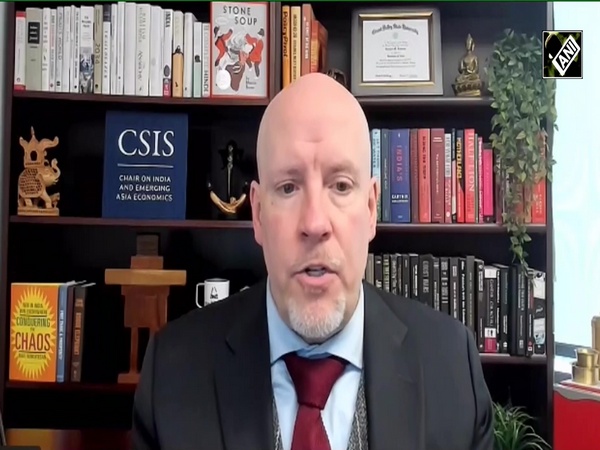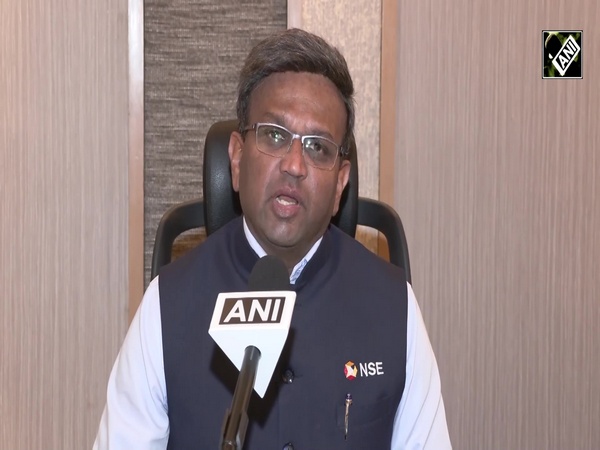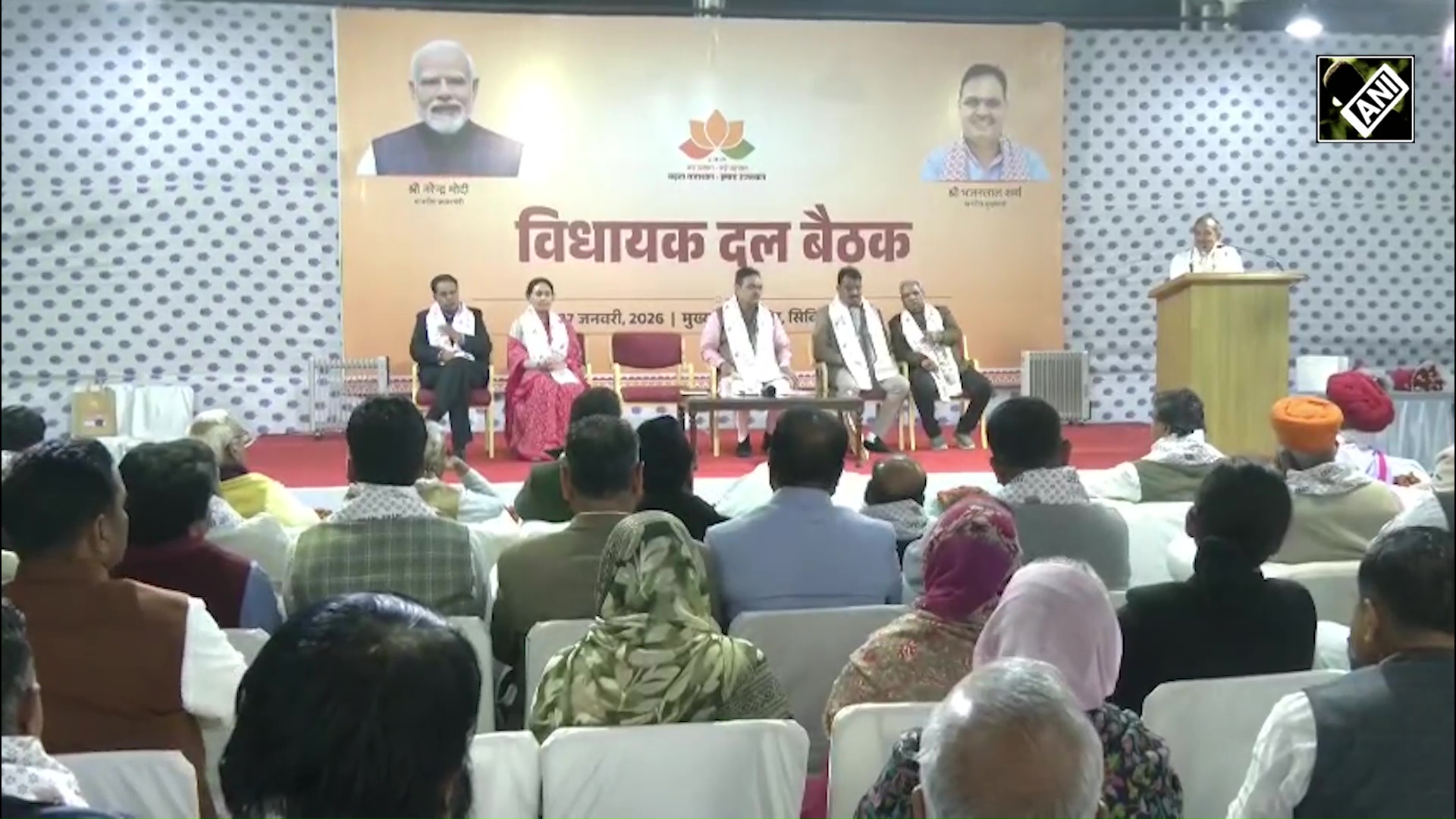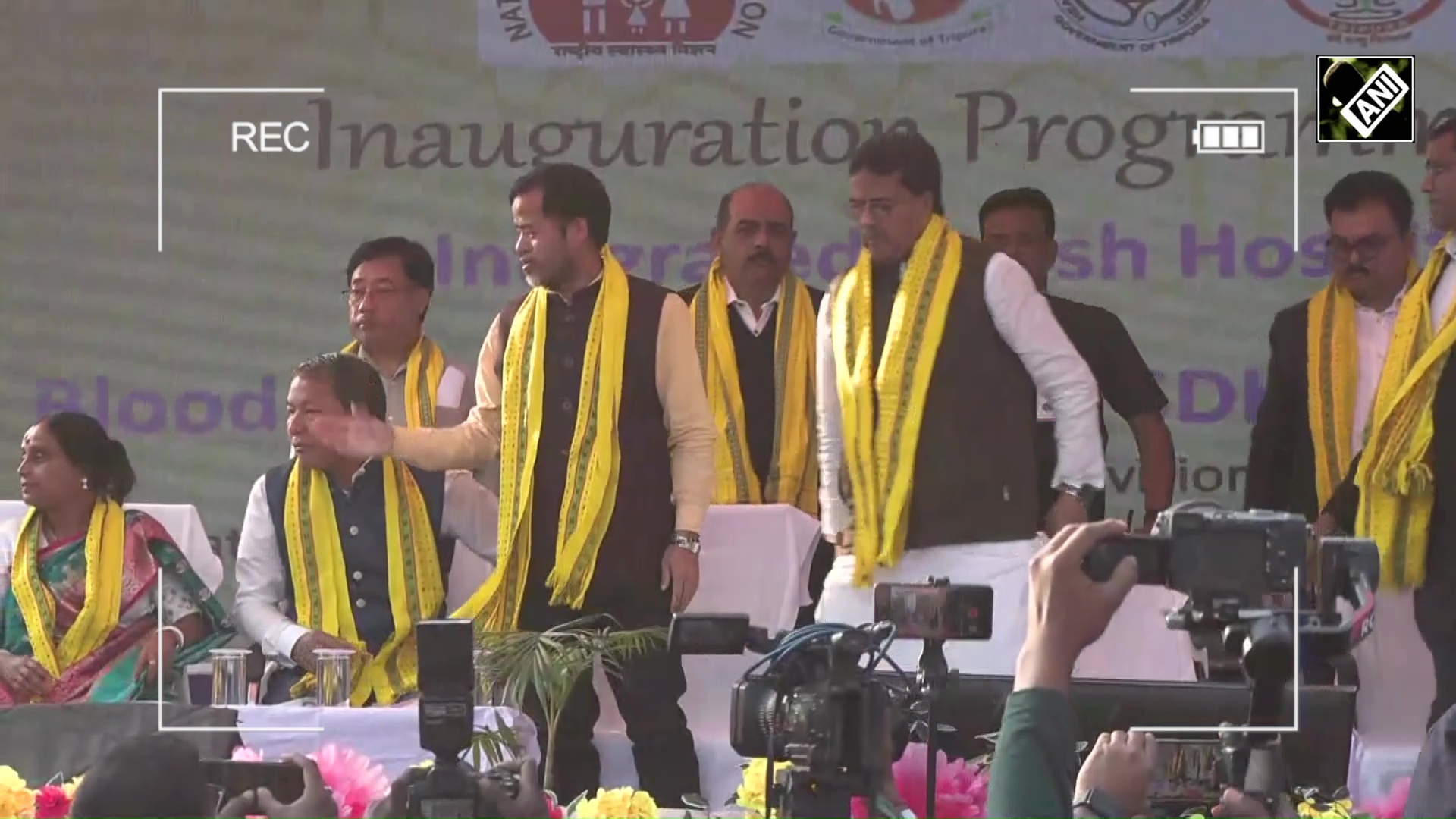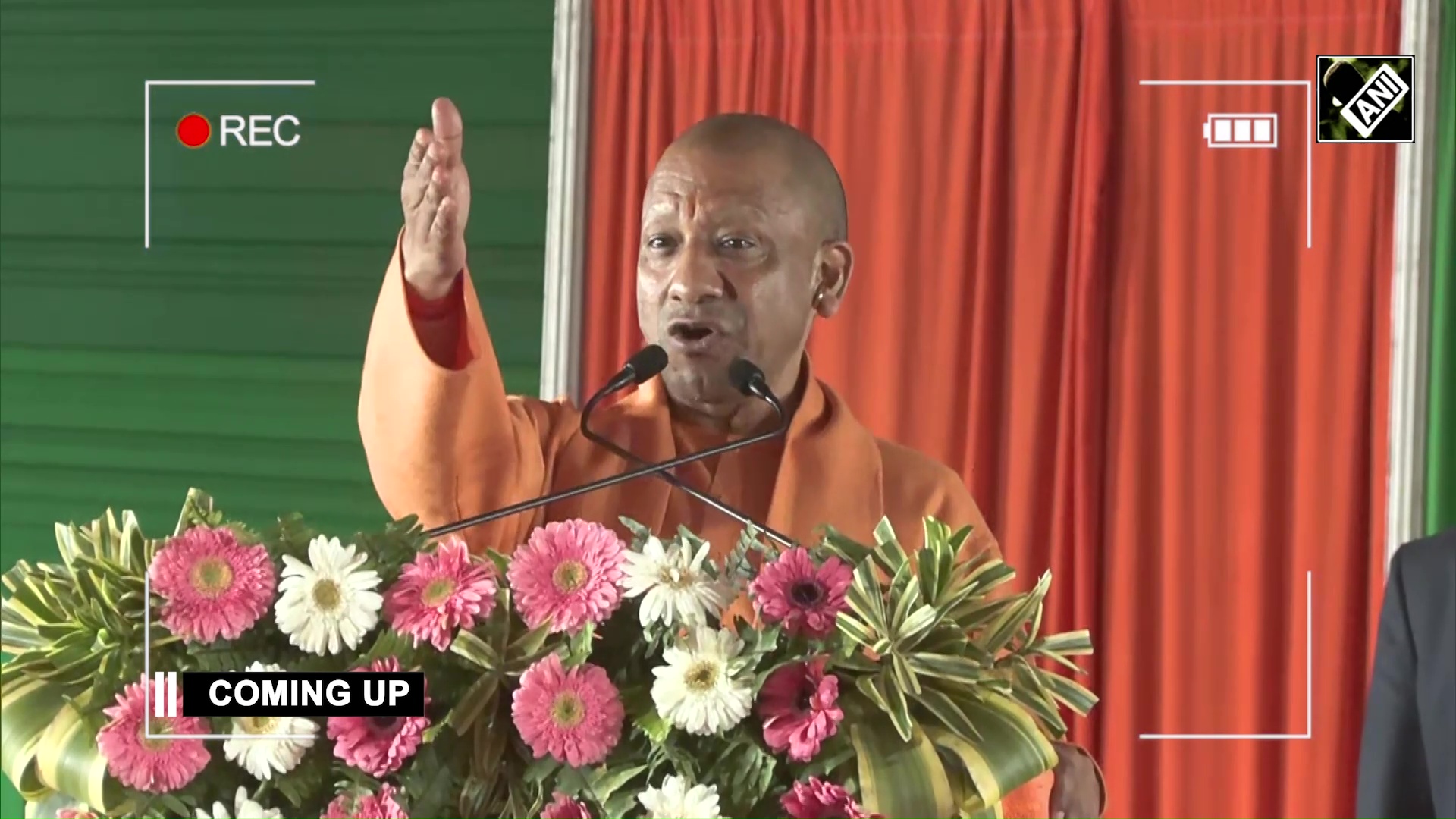Leaders from academia, government bodies and industry deliberate on radical shift in the business landscape
Jun 27, 2022

New Delhi [India] June 27 (ANI/Mediawire): Leaders from academia, industry, and the government shared their views on the radical shift in the business landscape and the role of higher education institutions in making students ready for the digital world. The event was organised by UPES School of Business and Runway incubator, in collaboration with The Times of India
Neha Bhatia Sareen
With India's business landscape becoming more conducive to entrepreneurship, the startup ecosystem in the country has witnessed a sea change. Buzzing with new technologies, celebrating entrepreneurship and generating employment, India's startup ecosystem has become the third-largest in the world after the US and China.
Digital Darwinism and B-School Reset, an event organised by UPES School of Business and Runway incubator in collaboration with The Times of India, brought together leaders from academia, government bodies and industry to deliberate on the radical shift in the business landscape, the role of management education, and more.
The day began with a workshop on storytelling and pitching for the 16 finalists of 'Take Off', a startup competition-cum-workshop, co-hosted by UPES School of Business and Runway.
Out of the 300+ applications received for the competition, 16 ideas were shortlisted under four categories -- Digital and Emerging Technologies, Urban Mobility, Direct to Consumer, and Social Impact. These shortlisted participants got a chance to pitch their ideas before an eminent jury, comprising Rahul Narverkar, founder CEO, The India Network, Dr Githa S. Heggde, dean, UPES School of Business; Vivek Joshi, founder, Cashrelief.org, and Nikhil Saraf, founder, Stones2Milestones.
Captivating everyone with his storytelling prowess, Vansh Sharma, a business coach, conducted the workshop on the power of storytelling. "A business story has to have a message. It is a reverse engineering method. The choice of message you want to give out decides the story you will be presenting. The choice of message leads to the choice of story and not the other way round," he shared. Sharma also had one-to-one session with all the finalists on how to pitch right. It provided an exciting opportunity for promising entrepreneurs to learn to pitch their ideas and grow their businesses.
The session was followed by all 16 finalists making their presentations in front of the jury and winners being announced.
Dr Ram Sharma, Pro-Vice Chancellor, UPES, began the evening session with an overview of the various reforms and innovations happening at the university. "We are working to create an end-to-end journey for our students. From pre-incubation stage to acceleration stage is what we want to do along with reimagining all that we do traditionally," he shared.
Rahul Nainwal, CEO, Runway Incubator, gave an overview of the Take-off competition and also gave a glimpse of all things exciting that the students are building. "An incubator like Runway is running away from the status quo, running away from the mindset that universities are only for job seekers. We de-risk startups. With a fund of around Rs.30 crore, we are planning to start the acceleration programme for those who are ready to begin their startup journey," he said. Nainwal also announced the winners of the competition. Anupam Singh Tomar won a cash price of Rs 2.5 lakh for his startup MetaSkate and Mrityunjay Baksh Singh won a price of Rs.1 lakh for his startup Gofresh.
The event also saw the ceremonial handshake between UPES and KPMG in India, who have worked jointly to design and develop an MBA in Strategy and Consulting. Apart from conducting in-depth industry and stakeholder research towards the programme, professionals from KPMG will spend time with the students teaching in the classroom and mentoring them.
KPMG will also co-deliver an MBA in Business Analytics.
Talking more about this collaboration, Narayanan Ramaswamy, National Leader, Education and Skill Development, KPMG India, said, "This is truly an industry-academia collaboration. The learning process happens because of mainly three things: the content, the platform and the context. Universities are very good at creating content and platform but for the context, universities are usually warped. And that is where we come in. If we add to what is being taught and when we add the practical aspect to the teachings, the students are going to benefit a lot. The learning outcome is going to be significantly different."
The keynote address was given by Arvind Gupta, Head and Co-Founder, Digital India Foundation, and Anna Roy, Senior Advisor, Niti Aayog. Both gave a detailed insight into what the government was doing to pave the way for startups.
Gupta emphasised that the future of startups belongs to the youngsters who innovate. He said, "The biggest disruptor in India is the government which enables you to innovate at a very low cost. Our startup movement is more vibrant than anywhere else. The world is trying to learn from what India is doing. It's the best time to be in India to do a startup."
He also shared that there was a huge scope in commercialising research, and it could be a financially viable model for universities looking for long-term funding.
Anna Roy talked about how the government is an enabler and a catalyst in this space where it provides the wherewithal for people to adapt to the environment in a better manner. She shared the story of the growth of digital payments and said, "Setting the standards and framework is where India can lead the world and our endeavour is to take all these to the global market and drive the fourth industrial revolution by being the digital leaders in this space."
The session also saw a panel discussion on 'Decoding the New Normal' moderated by Ashutosh Sinha, Senior Editor, The Economic Times. The panellists were Dr Githa S. Heggde, Dean, UPES School of Business; Mohit Satyanand, Chairman, Teamwork Arts; Deepti Bhujbal, Director, Global HR Operations, Expedia Group; Rahul Narvekar, CEO & Founder, India Network and India Angel Fund, and Dr Preet Pal Thakur, Co-Founder, Glamyo Health.
Thakur shared that there is a huge opportunity for people who understand the industry they are catering to. Rahul emphasised on a need for B-schools to go for a basic reboot of their purpose. "Our whole DNA of education is in an era that has already passed. By the time you complete your education, the course is obsolete," he explained. Mohit, who got into the startup universe primarily as an investor, shared the need to inculcate empathy in students who would go on to solve bigger problems. And for Deepti, agility is the new name of the game and the startup mindset is what is going to take student places. Giving the university perspective, Dr. Geeta said, "A lot of things are happening on the campus. Life skills that we teach form 40 per cent of our curriculum which in the long run are going to reap rich dividends for the students."
In his concluding remarks, Manish Madaan, Registrar, UPES, said, "We teach our students to be empathetic and plan and work towards their goal with perseverance."
Experts Says:
"The learning process happens because of mainly three things -- the content, the platform and the context. The learning outcome is going to be significantly different when we add to practical context to university teaching."
Narayanan Ramaswamy
National Leader, Education and Skill Development, KPMG, India
"The biggest disruptor in India is the government, which enables you to innovate at a very low cost. Our startup movement is more vibrant than anywhere else. The world is trying to learn from what India is doing. It's the best time to be in India to do a startup."
Arvind Gupta
Head and Co-Founder of Digital India Foundation
"Setting the standards and framework is where India can lead the world and our endeavour is to take all these to the global market and drive the fourth industrial revolution by being the digital leaders in this space."
Anna Roy
Senior Advisor, Niti Aayog
"The role of the university is not just to teach students in the class and provide them the skills that are relevant for them to get a job but also to prepare them to face the ambiguities of life."
Dr Ram Sharma
Pro Vice-Chancellor
"With a fund of around Rs 30 crore, we are planning to start the acceleration programme for those who are ready to begin their entrepreneurial journey."
Rahul Nainwal
CEO, Runway Start-up Incubator
Winners
Anupam Singh Tomer
MetaSkate
Mrityunjay Baksh Singh
GoFresh
Finalists:
This story is provided by Mediawire. ANI will not be responsible in any way for the content of this article. (ANI/Mediawire)

